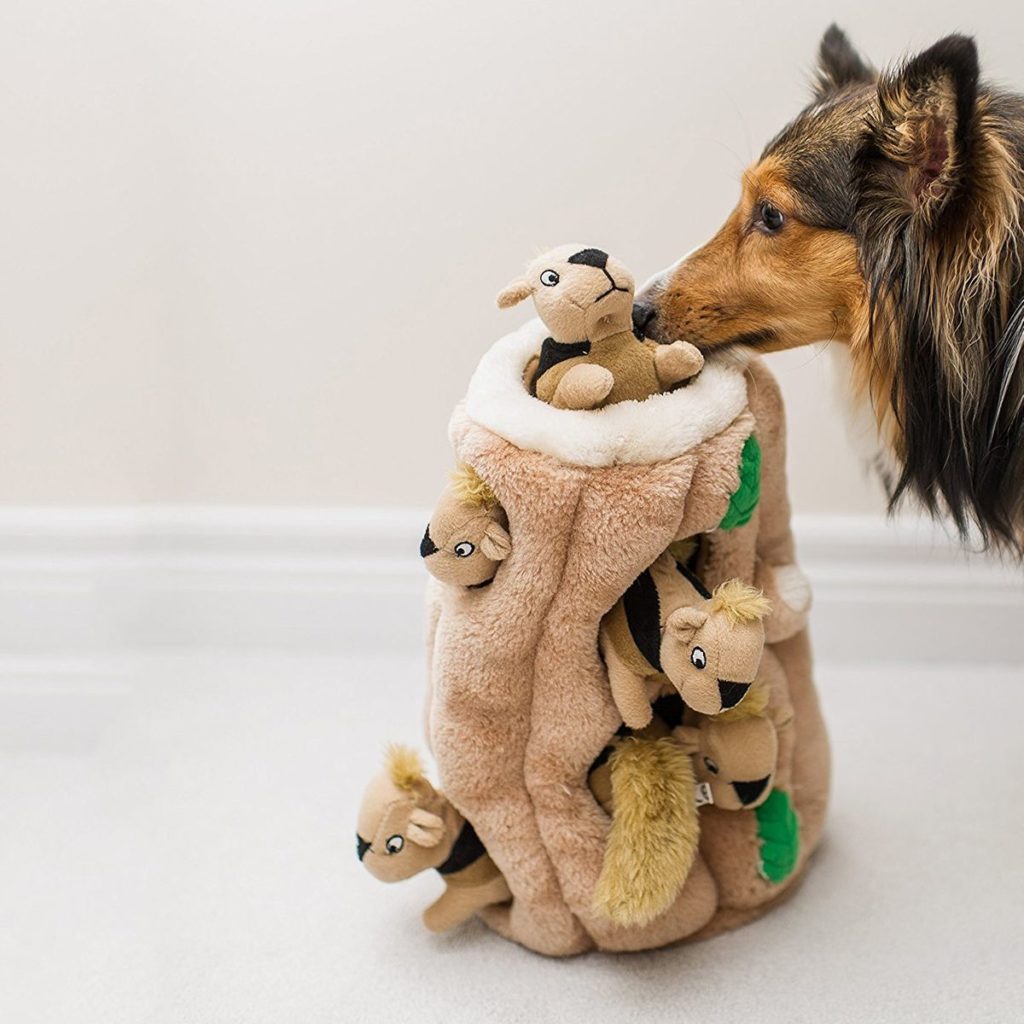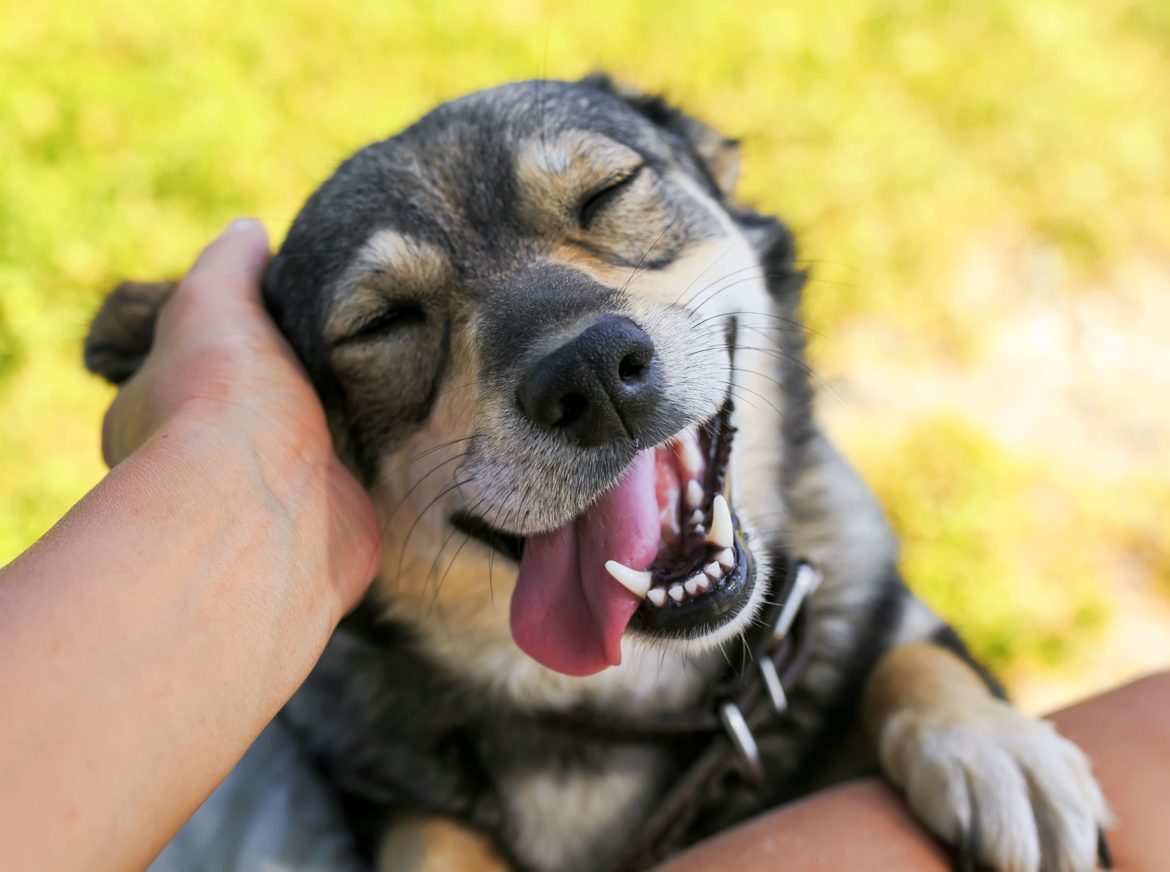Buying your pet dog a gift could make you happier than buying one for yourself, according to researchers.

The following written content by Stanley Coren PhD., DSc, FRSC
“Can money buy happiness?” This is one of the most commonly heard questions in general psychology. There has been a lot of research that has examined the effect of income on happiness; however, over the last decade, the evidence has begun to show that how people spend their money may be at least as important as how much money they earn.
In a series of studies by Elizabeth Dunn of the University of British Columbia and her colleagues, researchers have made the unexpected finding that spending money on other people (technically referred to as prosocial spending) may have a more positive impact on happiness than spending money on oneself. If the target of such gifts is someone close to the giver (like a family member), the boost in happiness seem to be highest. Given the fact that so many people consider their dogs to be part of their family, a team of researchers headed by Michael White of the Columbia Business School at Columbia University wondered if a similar increase in happiness would occur if a person bought a gift for their dog rather than for themselves.

Exploring the Effect of Giving Gifts to Pets on Happiness
To test this idea, the research team conducted two experiments. In the first, 159 pet owners were randomly assigned to recall a time they spent money on one of three possible targets: themselves, their pet, or another person. The amount of money was modest (around $5).
When recalling spending on themselves, participants typically remembered buying sweets, snacks, and drinks. When recalling an instance where they spent the money on their pet, participants typically remembered buying them new toys, treats, or outfits. When recalling spending on items for other people, the participants typically remembered buying small gifts and food items for friends or family.
Just after they recalled their spending behavior, and while the imagery was still vivid, the participants answered questions to determine how happy they were at that moment.
The results of this experiment were much the way that the researchers had predicted in that people felt happiest when recalling spending money on their dog. Read more from Psychology Today.





